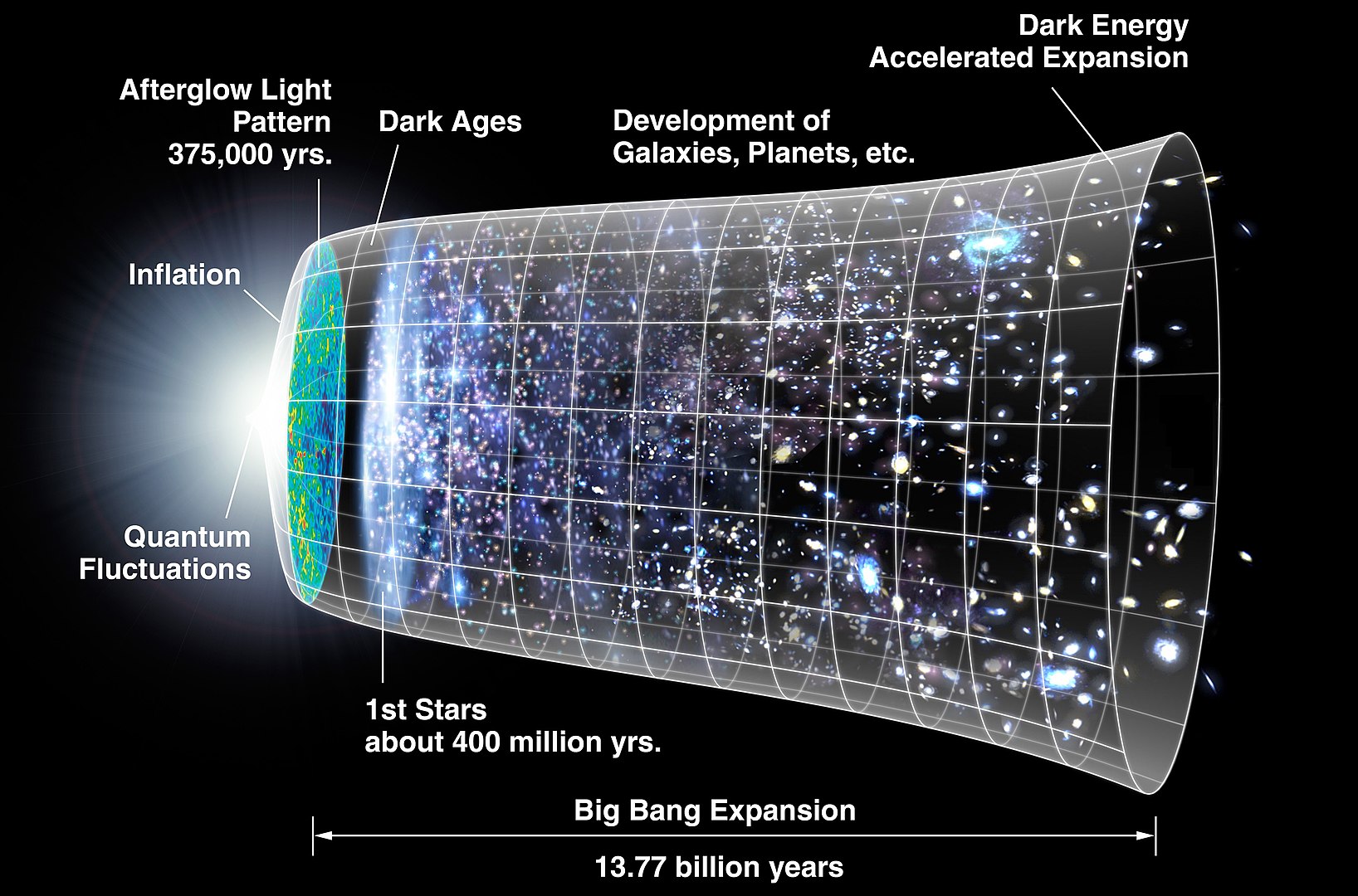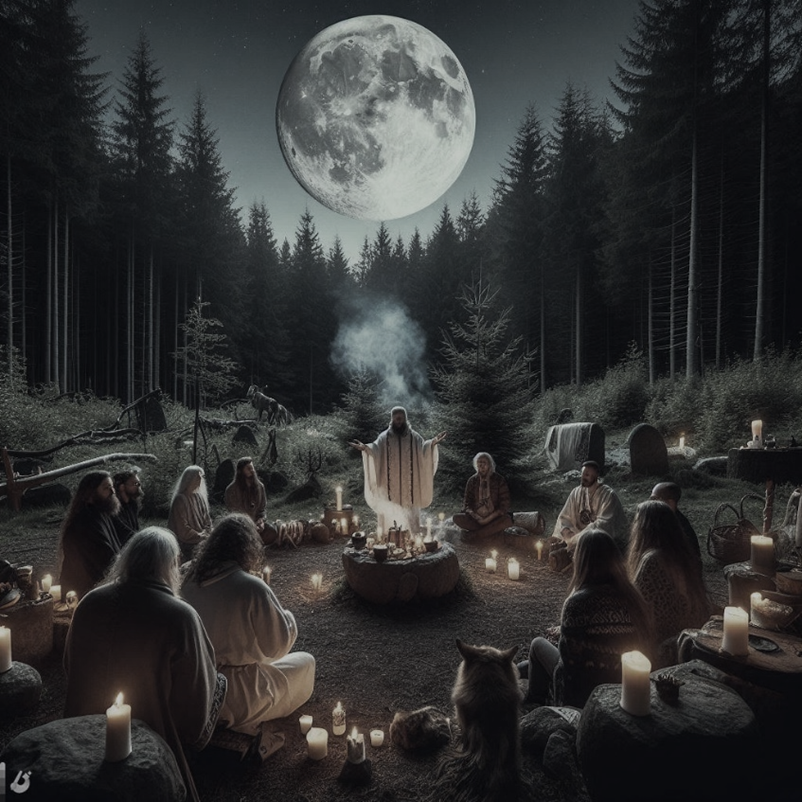“Faith is the great cop-out, the great excuse to evade the need to think and evaluate evidence. Faith is the belief in spite of, even perhaps because of, the lack of evidence.”
― Richard Dawkins
In the past two centuries a new idea has emerged and prevailed: that science and religious faith cannot sincerely co-exist. In other words, religion is inherently irrational. And so any sincere person must either have a sincere religious faith and reject reason and science, or embrace science and reason and thereby become an atheist or at best, agnostic. In Europe, this idea is now in full swing, helped along by a moral philosophy, secular humanism, that argues that humans can manage ethics and altruism without the help of religion.
In 1943, the then Archbishop of Canterbury, William Temple, warned: “Christian tradition… was in danger of being undermined by a ‘Secular Humanism’ which hoped to retain Christian values without Christian faith.” His fears have been realised. In 2022, the UK census revealed that for the first time, Britain was no longer a majority Christian country (Christians dropped from 59% in 2011 to 46% in 2021).
What is probably less well known, is that for the longest time, scientists felt no inherent contradiction between scientific pursuits and their faith, indeed they felt that investigation into the nature of the world reinforced their belief and wonder at the artistry of the Author of the Universe, the Supreme, Ultimate Creator, the Lord of the Worlds.
Isaac Newton was a firm believer in God and saw an inevitable harmony between his scientific pursuits and his faith. In Optics, he paused to ask: “Whence is it that Nature doth nothing in vain? And whence arises all that order and beauty which we see in the world? . . . Was the eye contrived without skill in optics? And the ear without knowledge of sounds?”


